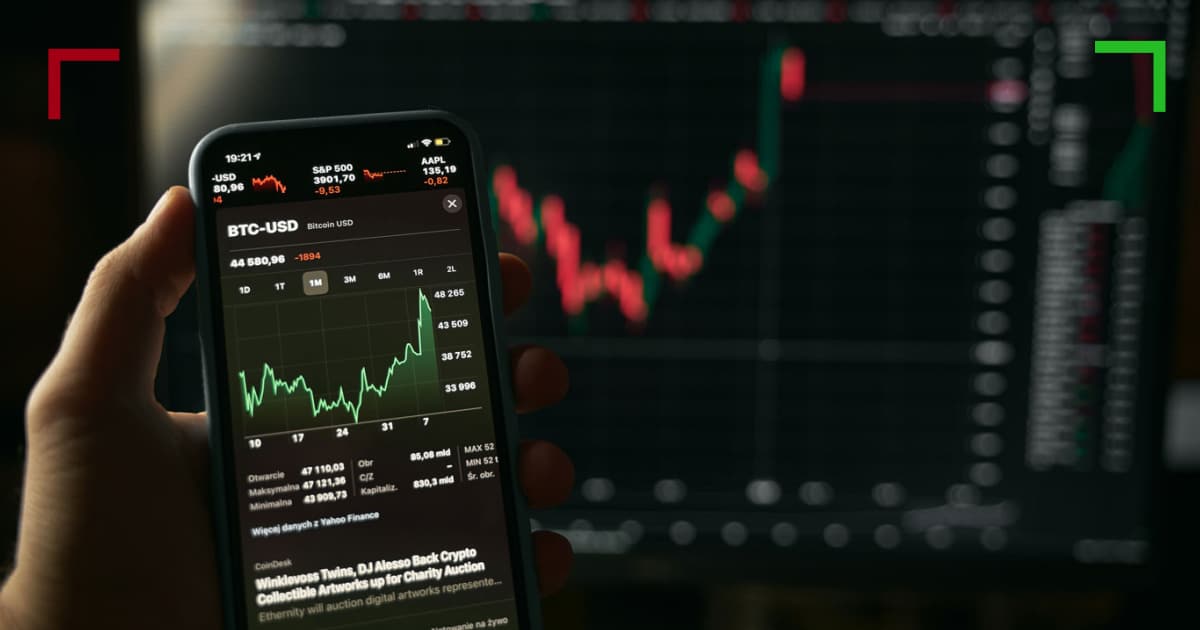
Crypto Trading No KYC: A New Age in Financial Freedom
As the world increasingly embraces digital currencies, the concept of crypto trading without Know Your Customer (KYC) requirements is gaining traction. Many traders and investors seek to bypass KYC regulations for a slew of compelling reasons. Crypto Trading No KYC visit website In the following sections, we will explore what crypto trading without KYC means, its advantages, potential risks, and how to engage in this type of trading safely and responsibly.
Understanding KYC in Crypto Trading
The term KYC refers to the process through which financial institutions verify the identity of their clients. This process often includes submitting a government-issued ID, proof of address, and other personal information. Many exchanges and trading platforms require KYC compliance to prevent fraud, money laundering, and other illicit activities. However, these requirements can be off-putting to traders who value privacy and autonomy in their financial dealings.
The Rise of No KYC Exchanges
No KYC crypto exchanges have surged in popularity as they allow users to trade cryptocurrencies without disclosing their identities. These platforms often operate under different legal frameworks and may not be subject to the same regulations as traditional exchanges. Some notable examples include decentralized exchanges (DEXs), peer-to-peer platforms, and offshore trading sites.
Decentralized Exchanges (DEXs)
DEXs enable users to trade cryptocurrencies directly with one another. Instead of relying on a central authority to facilitate trades, users can execute transactions through smart contracts, maintaining control over their assets at all times. This decentralized nature helps reduce the risk of hacking and provides an additional layer of privacy.
Peer-to-Peer (P2P) Trading
P2P trading platforms connect buyers and sellers directly, allowing them to negotiate terms and conditions without the interference of a central exchange. These platforms typically require minimal personal information, granting users a higher degree of anonymity compared to traditional exchanges.
Advantages of Crypto Trading No KYC
1. **Privacy**: One of the primary advantages is the privacy it provides. Many traders prefer to keep their financial activities confidential, and no KYC platforms cater to that need.

2. **Accessibility**: No KYC exchanges can be more accessible to users in countries with strict banking regulations or limited access to traditional financial services. This democratization of finance opens opportunities for a broader audience.
3. **Speed of Transactions**: Without the need for KYC verification, users can start trading almost immediately. This speed can be crucial in the fast-paced world of cryptocurrency trading, where market conditions can change rapidly.
4. **Less Stringent Regulations**: No KYC exchanges often operate outside the regulatory frameworks that govern traditional financial markets. This flexibility can appeal to users who seek innovative trading opportunities without the burden of excessive compliance.
Potential Risks Involved
While trading cryptocurrencies without KYC has its advantages, it doesn’t come without risks:
1. **Security Concerns**: No KYC platforms may not have the same level of security as regulated exchanges. Traders face increased risks of scams or hacks, making it essential to choose reliable platforms.
2. **Lack of Regulatory Protection**: Without KYC, users forfeit certain protections offered by regulated exchanges, such as insurance on deposits and the ability to resolve disputes through traditional channels.
3. **Fraud and Scams**: The anonymity granted by no KYC trading can attract fraudulent actors. Traders must remain vigilant and conduct thorough research before engaging with new platforms.
4. **Market Volatility**: The cryptocurrency market is known for its extreme volatility. Traders using no KYC exchanges may struggle to access support and recourse if they need assistance navigating downturns or sudden price fluctuations.
How to Trade Responsibly on No KYC Platforms
If you’re considering engaging in crypto trading without KYC, follow these guidelines to protect yourself:
- Do Your Research: Investigate any platform before using it. Look for user reviews, security features, and the platform’s overall reputation within the community.
- Use Secure Wallets: Always withdraw your funds to a secure wallet rather than leaving them on the exchange. Hardware wallets are often the safest choice for long-term storage.
- Stay Informed: Keep yourself updated on the latest trends and news in the cryptocurrency space. Understanding the market can help you make better trading decisions.
- Trade Wisely: Be cautious with your investments. Only allocate what you can afford to lose, and consider using stop-loss orders to mitigate potential losses.
Conclusion
Crypto trading without KYC presents an exciting opportunity for those seeking privacy and autonomy in their financial transactions. While it offers several advantages, it also poses significant risks that traders must navigate carefully. By doing thorough research and employing best practices, you can explore this dynamic landscape and make informed decisions. As the cryptocurrency market continues to evolve, understanding the nuances of no KYC trading will empower you to take advantage of new opportunities while safeguarding your investments.

